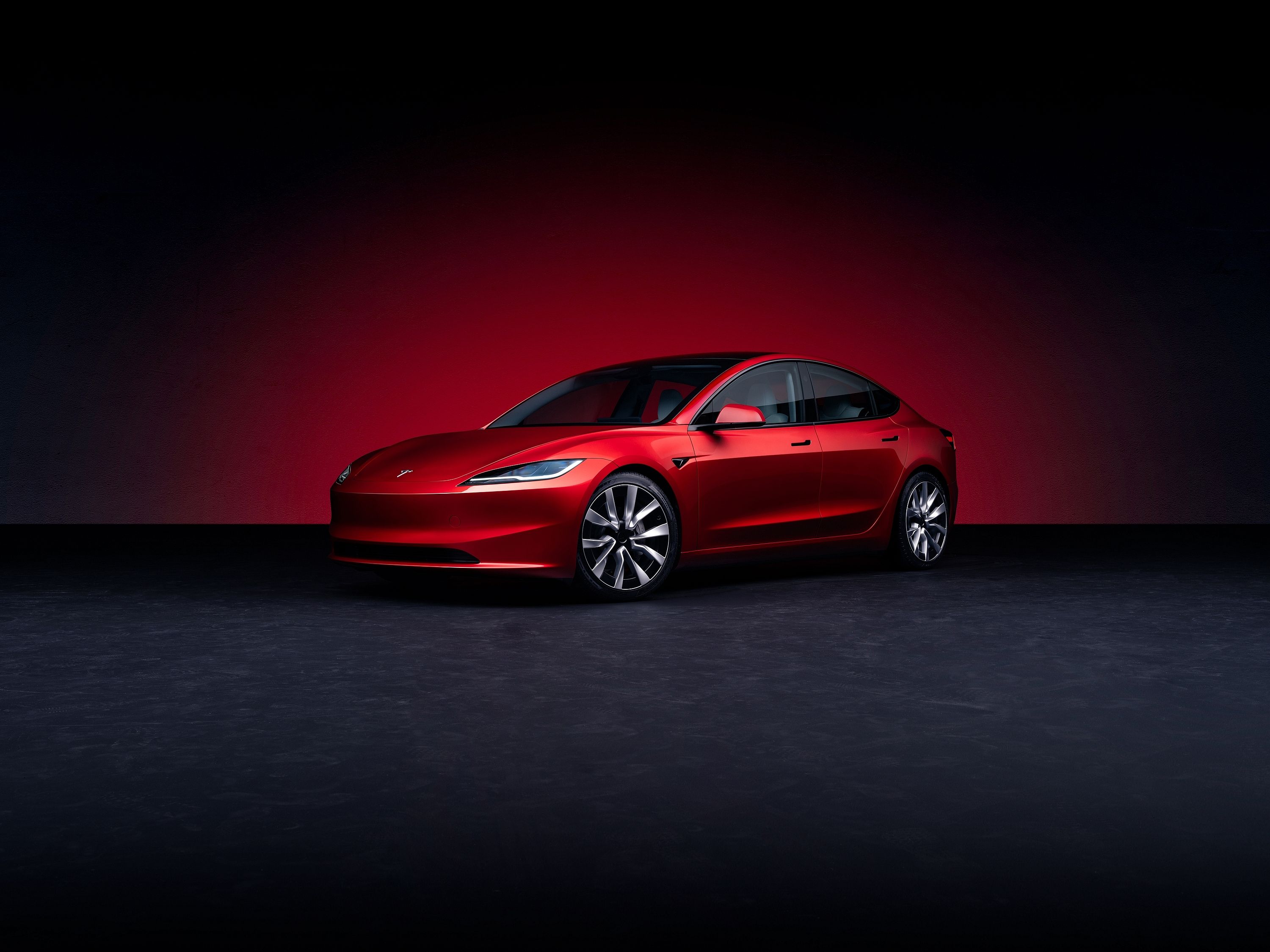
Every year in September Tesla holds its annual "Battery Day" event talking about the latest tech advancements in batteries, but also around the Tesla universe. Last September Musk said he wants to put a $25,000 EV on the road (as does Lucid Air), but he also introduced a new battery cell called the 4680 (in reference to its diameter and height dimensions).
Musk called it a breakthrough, and now electronics and battery maker Panasonic say it will be the best manufacturer to bring them to market. But it will be more difficult than their previous orders.
"Producing these larger cells requires you raise your craftsmanship one or two full levels or there will be safety issues," Yasuaki Takamoto, Panasonic's EV battery head, said in an interview with Bloomberg. The company's time-tested safety-management systems "absolutely give us an upper hand here."
The new batteries are five times the size of the old ones, a bit smaller than an aluminum pop can, which means that fewer parts are needed to connect them. Every extra part is another opportunity for failure. The typical EV has anywhere from 4,000 to 8,000 cells, which could be reduced to 500. All that means cheaper EVs for us. The sooner we get a sub $30K Tesla Model 3, the better.
According to Panasonic, the size of the batteries is what makes them harder to produce. They are more often overheating because it's hard to cool the center of that big cell. They're also more susceptible to contamination, which can lead to fires. If tiny pieces of metal find their way in, it would cause the battery to short circuit.
Panasonic has been slow to build scale, as Musk complained about on "Battery Day," which is why he wants Tesla to build its own. But Panasonic says it just wants its safety in order. "The same knowhow that lets Panasonic produce 2.5 billion cells a year without major safety issues gives it an advantage in producing the bigger cells," Takamoto said.
Tesla is reportedly talking to other battery makers, and Panasonic has said it will sell the batteries to other automakers.
At a European battery conference in November Musk said that the company has produced the new battery at a "bench-top" level, and was aiming at "pilot-plant level" next. But he did concede that scaling up the production process is a much bigger step.
This is all good news, cheaper battery systems and less parts equals cheaper EVs. It'll probably still be a few years before we see these new cells, though.
